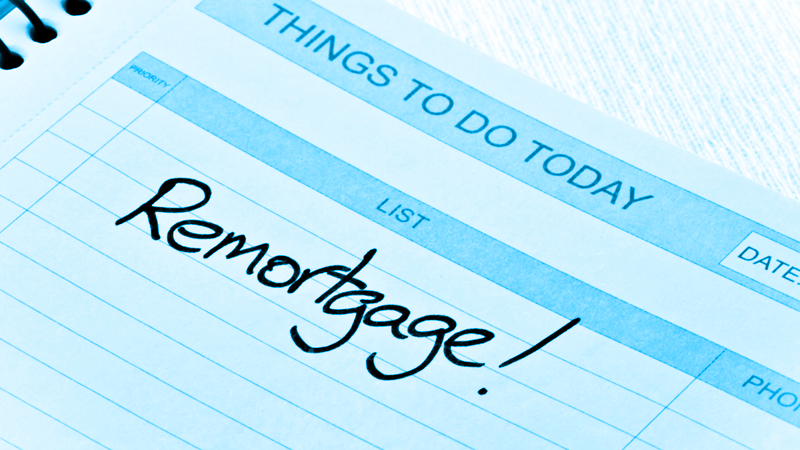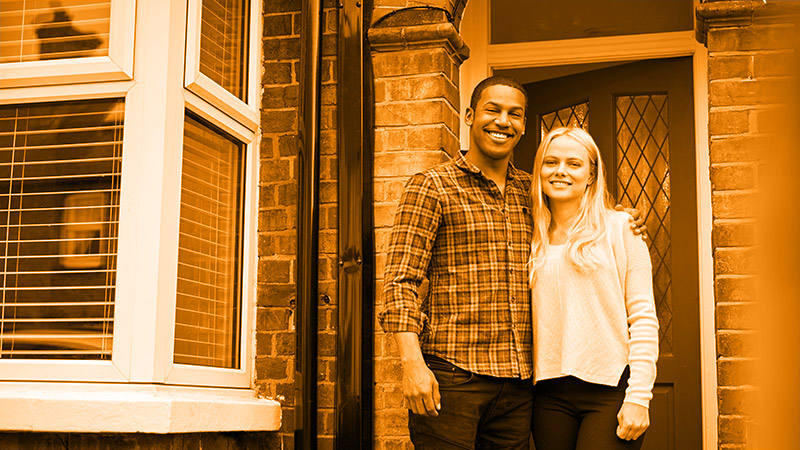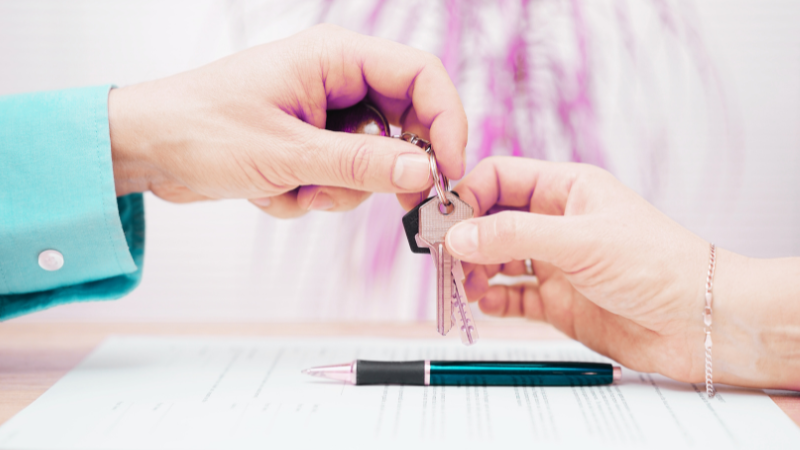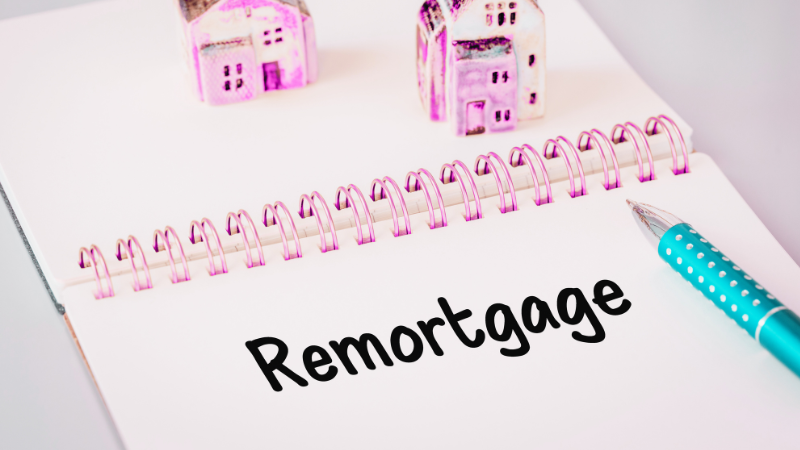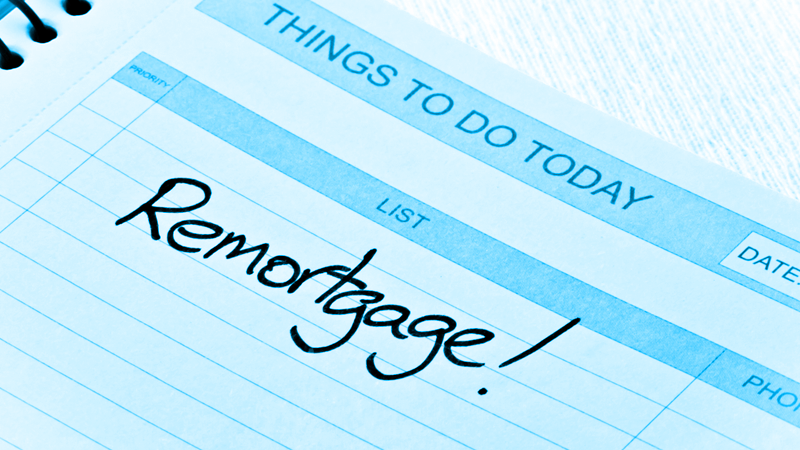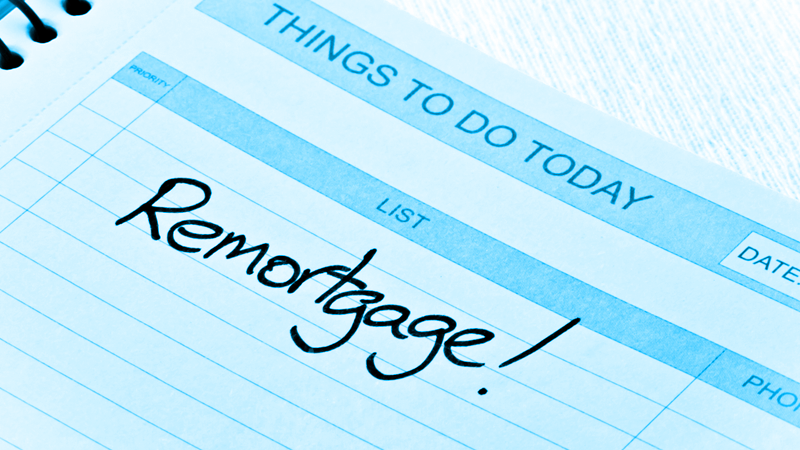Remortgaging can be the right option if you’re coming to the end of your introductory or fixed-rate deal period and want to borrow more or save money by reducing monthly repayments.
If you’re wondering how much can I remortgage my house for, how much remortgage can I get UK, or how much can I borrow for remortgage, you’ve come to the right place.
You can easily use a remortgage UK calculator to see how much you can remortgage your house for, but there are various factors you need to consider.
Read on to learn more about how much you can borrow, how remortgaging works, when you should consider remortgaging, and the costs.
How Much Remortgage Can I Get UK?
You can usually borrow the amount outstanding on your mortgage when remortgaging or more if you release the equity tied up in your property.
Lenders will consider various factors when deciding how much you can remortgage your house for, including:
Your Property Value
The current market value of your property will influence the amount you can remortgage your house for.
The lender will assess your property to ensure it’s worth what you say before approving you for a remortgage.
Generally, the higher the property value, the more you can borrow.
Personal Circumstances
The lender will look at your circumstances, like your income, monthly outgoings, and credit rating, to determine how much you can afford to borrow.
You’ll likely be able to borrow more if you have good credit and income with low monthly expenditures.
The Loan to Value (LTV) Ratio
The loan to value refers to the amount you want to borrow as a percentage of the property’s value.
Lenders apply different limits or maximum LTVs and usually offer better deals for borrowers with low LTVs in the 60% to 65% range.
Should I Remortgage My House?
Remortgaging involves changing your current mortgage without changing your home, and you can do this with your current lender or a new one.
Remortgaging with your existing lender is usually called a product transfer, and it can make things easier and quicker and cut out the need for legal support.
Common reasons for remortgaging include:
A Better Deal
When your introductory or fixed-term deal ends, you move onto your lender’s standard variable rate (SVR), which is usually higher.
You can remortgage to avoid this higher rate, and nothing stops you from moving to a better deal and saving on interest costs.
You can start shopping around for a new deal around three to six months before your current deal ends.
Releasing Equity
The level of equity you own in the property will go up as you repay the mortgage and if the value of the property increases.
You can release this equity by remortgaging and get the cash you need for any number of needs, including home improvements and repairs, an extension, raising capital for a new car, motorbike, caravan or motorhome, school fees, medical or legal bills, or travel and holidays.
If you have significant equity, you can get enough to buy a second or holiday home or put down a deposit, buy land, or consolidate debt.
How Does the LTV Affect How Much I Can Borrow with A Remortgage?
Mortgage deals are usually based on a loan-to-value ratio, and the lower your LTV, the more equity you own, meaning you can borrow more.
For example, let’s assume you bought your house for £250,000 with a £200,000 mortgage, and the mortgage you owe has fallen to £180,000 due to repayments while the value of the property has increased to £300,000.
This means the equity you own in the property has increased from £50,000 to £120,000.
You can remortgage for a more significant amount than you owe, such as £200,000, working out at a loan-to-value ratio of = (200,000/300,000 x 100) = 66%.
You’ll be borrowing at a lower LTV than when you first bought the house, gaining a cheaper mortgage rate and lower repayments while gaining £20,000 (£200,000 – £180,000) to spend however you like.
Releasing cash by remortgaging is suitable when you have significant equity in the property to ensure it doesn’t dramatically change your LTV.
Costs to Consider When Thinking About How Much You Can Remortgage Your House for
Early Repayment Charges (ERCs)
Lenders can charge ERCs if you’re remortgaging during your current mortgage’s tie-in or fixed period.
The ERC is usually a percentage of the outstanding balance and can be significant, so it may be better to wait until the initial period ends before you can remortgage.
Exit and Arrangement Fee
Some lenders can charge an exit fee as a separate item to the ERC to cover the administration costs of closing your account.
Most mortgages also charge an arrangement or product fee just to get the loan, which can be added to the loan or paid upfront.
It typically costs around £1,000, with low-interest rates attracting higher fees.
Legal Fees and Valuation
When remortgaging, a solicitor must remove the old lender and register the new one on the property deeds.
The lender will also require a property valuation to confirm the amount you can borrow.
A remortgage valuation can cost anywhere from £250 to £1,500, depending on the value and size of your property.
Some lenders may require you to pay for these fees, but incentives, where the new lender covers such costs, are now common as part of the remortgage deal.
Higher Monthly Payments
If you’re remortgaging to borrow more money, you’re increasing the size of your loan, which can lead to higher monthly payments depending on the deal.
You need to ensure you can afford the increased repayments to avoid missed payments and defaults that can risk the loss of your home.
How Much Can I Remortgage My House For? Final Thoughts
If you’re wondering how much can I borrow for a remortgage, consider the property value, your circumstances, and the loan-to-value ratio.
Remortgaging can be an excellent way to save money on a better deal and release the cash tied up in your house.
Consulting a qualified broker specialising in remortgages can help you get the best possible deal for your situation.
Call us today on 03330 90 60 30 or contact us. One of our advisors can talk through all of your options with you.



